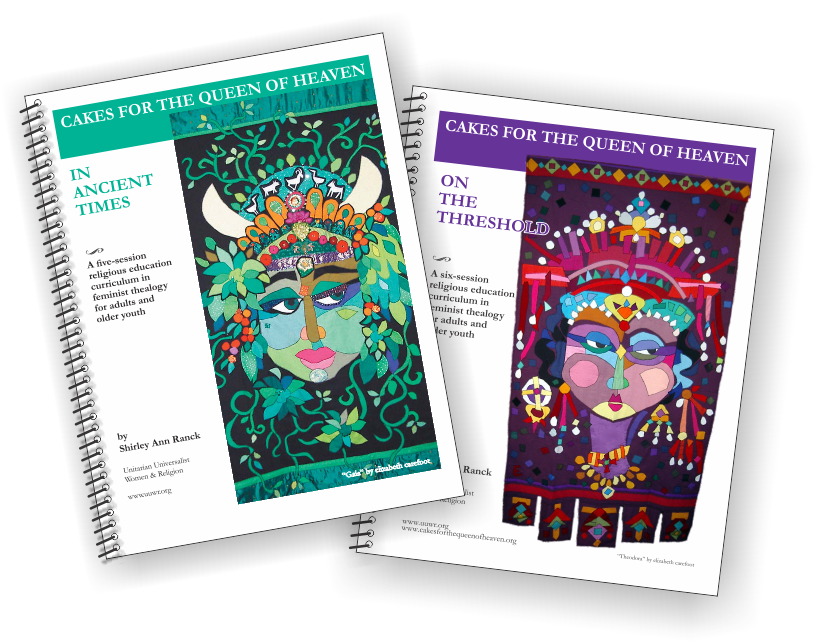ACCOMMODATIONS
- If possible, find a nearby hotel/motel willing to offer a conference rate for a block of rooms. Some may also offer a flat rate for a room and allow as many as four to share it and split that flat rate. Hotel/motel information, including phone number, address, directions and rate range, should be included in conference brochure.
- Participants with limited income often appreciate having home hospitality available. Providing such may involve a lot of time-consuming and troublesome maneuvering, however. Facilitators may want to avoid it unless the host society already has a home hospitality squad in operation. The conference facilitator should never attempt to manage it, but instead should put someone else solely in charge of home hospitality.
- Some societies have grounds which lend themselves to safe, secluded camping — or are willing to have participants "camp" in specified rooms in the building. Consider this as an alternative or augmentation to home hospitality. A modest fee might be charged to offset building rental/clean-up costs. (It is a nice touch to designate "late night talkers" and "early risers" rooms and tent sites to accommodate differing internal time clocks.)
- It is important to find out whether the sponsoring organization has a policy about child care availability.* Nursing mothers are commonly invited to come with their babies.
* Policies of FL W&R and FL District UUA both require child care availability at all events.
SIGNS, PACKETS, AND PEOPLE
- When planning how to provide information to participants try to visualize a stranger coming to the conference site. This person should receive as much information as is needed to be self-directed throughout the conference.
- There should be a BIG SIGN outside, or at the door, announcing where to find conference registration.
- Helpful information in a registration packet includes:
- complete schedule with locations for each event.
- map of conference site.
- description of workshops with biographical note on leaders.
- quotation or short theme statement for the conference and a note about the guest speaker.
- conference evaluation form.
- list of participants with addresses and phone numbers. This may be provided after all have registered in order to include everyone present; and should include a statement as to how the list may be used.
- Participants will not have their packets in hand every minute. Thus, it is also helpful to have a prominent sign in a central location giving the over-all schedule.
- It is also useful to have directional signs to outlying rooms — and to rest rooms.
- Finally, it is helpful to have people from the host society wear special identifying name tags and have them stand and be introduced at the beginning of the conference so that participants can easily spot them as appropriate people to ask questions about the site.
* FL W & R policy: The participant list prepared at each event will indicate that: "This list is only for the personal, non-business use of each participant." (2-11-96)
VENDORS - ARTS AND CRAFTS SALES
- Conference participants usually like the opportunity to buy and sell such items as books, jewelry, buttons, bumper stickers, and various art objects. A sales bazaar is usually a popular place between programs.
- The conference facilitator needs to know whether the sponsoring organization has a policy limiting sales to items made by the participants, or, at least, to sales by participants.
- The conference facilitator needs also to confirm any policies on charges to vendors: flat fees for use of space or percentage of profits donated for specific purposes (such as scholarships for future events).
- Registration forms should include a check-off box for vendors and name of person to contact about fees and space availability.
CUSTODIAL SERVICES
- If the conference is held at a society, it is important to have a clear understanding who is responsible for cleaning up after the conference.
- In particular, it is important to have a clear understanding about what cleaning needs to be done after Saturday activities and before Sunday morning services.
Guide Intro
A GUIDE FOR CONFERENCE FACILITATORS
PRODUCED BY Florida UU WOMEN AND RELIGION OF THE FLORIDA DISTRICT UNITARIAN UNIVERSALIST ASSOCIATION
Spring 1996
 Cover Art: SPINNING WOMAN
Cover Art: SPINNING WOMAN
1996 REVISION ACKNOWLEDGEMENTS
This Guide was first produced in 1991, and copyrighted, by Barbara Child, then Co-Chair of the Florida District Women & Religion (W&R) Committee of the Unitarian Universalist Association. It has been "guide extraordinaire" and foundation for many wonderful, successful annual conferences and semi-annual retreats sponsored by W & R since then.
This revision grows not so much from the need for major change (for most of what is here is still Barbara's original work), but rather to add and fine-tune in some areas where time and experience have changed the "way we do things."
In a March 4, 1992 edition, Barbara gives her thanks to Mary Goolsby, Joyce King, Sandra Schulman, Jean Siegfried and Kate Throop for their several contributions and suggestions, and dedicates her work to "Andrea Schuver and Susan Stephenson, who first showed me what a Joyous experience a women's retreat can be."
She points out further that while the guide is written with women's retreats and conferences in mind, it is adaptable for men's events or for events for women and men together.
For this 1996 edition, I would add, from each of us who have enjoyed the sagacity and practicality of this Guide, heartfelt thanks Barbara — and Blessed Be.
Mary Howard Cadwell
May 31, 1996



